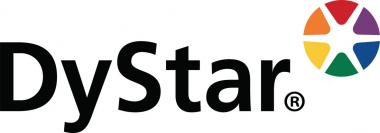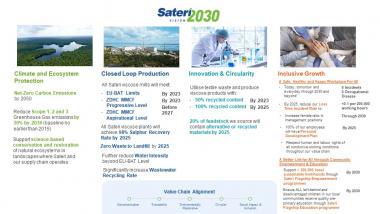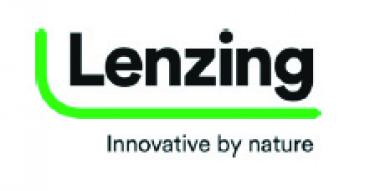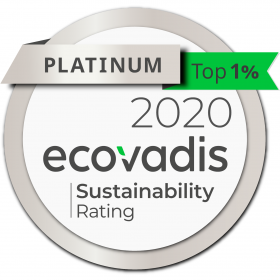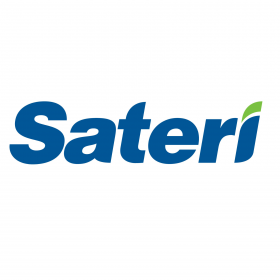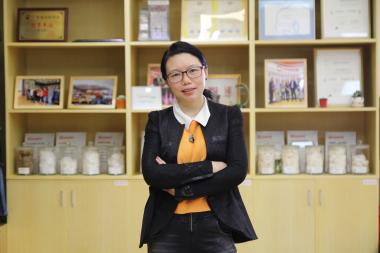DyStar Exhibits at China Interdye 2020
Shanghai, China - DyStar, a leading specialty chemical company with a heritage of more than a century in product development and innovation will exhibit in the 20th China International Dyestuff Industry, Pigments and Textile Chemicals Exhibition - China Interdye 2020. DyStar will showcase the latest product innovations at Hall 1 booth #A330.
The three-day annual event will be taking place at Shanghai World Expo Exhibition & Convention Center (SWEECC) and opens doors on 8th November. DyStar’s managers will be onsite to support visitors from production houses, manufacturers, and Brands and Retailers with essential information, helping them to make meaningful and notable decisions based on tangible benefits such as reduction of water, waste and energy consumption, thereby improving their end-products and quality.
DyStar’s sustainable solutions can further optimize productions, processes, and reduce costs. Some of these products and concepts are highlighted at the event as follows:
• Recent launch of Cadira® Polyamide and Cadira Polyester/Cellulosic Exhaust
• Total collection of eleven Cadira® modules
• High Fast Dianix® XF2 Range
• Sera® Wash M-VFN
• Levafix® CA and Remazol® SAM offer
Despite a year full of global economic challenges, with the supply chain and stakeholders heavily strained by the global pandemic, DyStar is determined to support the industry and its customers. They can benefit from our legacy of innovations and product offerings, so that they can continue to drive sustainability and growth in their respective domains, contributing in a responsible and yet sustainable manner for a cleaner future.
DyStar China Interdye 2020 Shanghai World Expo Exhibition & Convention Center Textile Chemicals
DyStar Press Info


